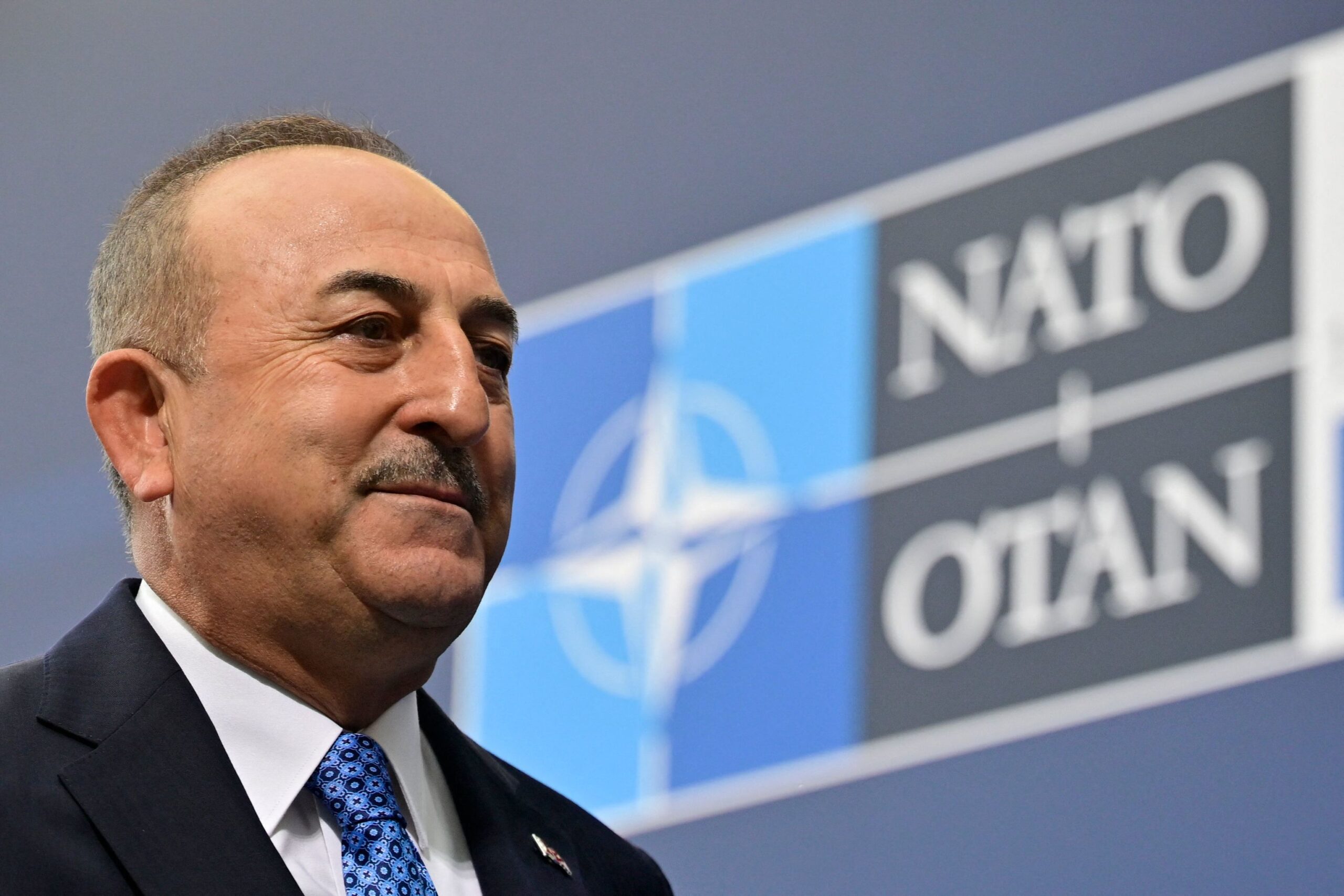Weekend of meetings on how to strengthen the position of the West in the face of the Russian threat in Europe. Only a few hours after the end of the G-7 meeting in the German town of Wangels, next to the Baltic Sea, the meeting of the foreign ministers of the NATO countries began in Berlin in the late afternoon. With the war in Ukraine and the possible fast-track accession of Finland and Sweden to the Atlantic Alliance as central issues.
After putting on the table its dissatisfaction with these additions, Ankara set out its conditions. He did it through the mouth of Ibrahim Kalin, spokesman for President Recep Tayyip Erdogan: “We are not closing the door,” he warned, “but basically elevating this issue to the category of a national security issue.” In a conversation with the Reuters agency, Kalin stressed that the greatest concern for Turkey regarding the accession of Sweden and Finland to the Alliance has to do with its fight against terrorism. He considers both countries to be “home to many terrorist organizations.” It is not a trivial issue, since the consensus of all member countries is required to admit new nations to NATO.
Turkey does not want to slam the door, but wants to take advantage of the situation to assert some of its old claims. For the Turkish presidential adviser, the main objective is to undermine the PKK, the Kurdish-Turkish guerrilla that has been at war with Turkey for more than 40 years, and more recently, hand in hand with the US and under the pretext of fighting against the State. Islamic, has entrenched its power in a strip of northern and eastern Syria. “What needs to be done is clear: they have to stop allowing PKK media, activities, organizations, people and other types of presence… to exist in those countries,” Kalin stressed. “NATO membership is always a process. We will see how things go. But this is the first point to which we want to draw the attention of all allies, as well as the Swedish authorities,” he added. “Of course we want to discuss, negotiate with the Swedes.”
With the exception of a proportionately smaller fraction of Turkey’s population that is sympathetic to violent methods to achieve Kurdish autonomy, a majority rejects the current state of war, regardless of their political or cultural claims. Among these latter there are those who criticize Turkish military and political expansionism in Syria and Iraq at the cost of innocent lives, but also those who denounce numerous bloody PKK attacks in Turkey.
Erdogan has repeatedly accused Sweden, but also other European countries, of not taking action against the PKK or the movement of the cleric Fethullah Gülen, accused of organizing the 2016 coup attempt against Erdogan. In addition, the role of mediator that Turkey has assumed in the Ukraine war by hosting the talks between Ukrainian and Russian representatives is a sign that Ankara still has bridges built with Moscow.
German Foreign Minister Annalena Baerbock expressed irritation at Erdogan’s remarks, saying all democratic countries should be glad to have a “stronger” military alliance and would “very, very much” support its membership.
The foreign ministers of the NATO countries arrived yesterday in the German capital and held an informal dinner together with their counterparts from Finland and Sweden. The Russian invasion of Ukraine has triggered an intense debate in both countries. According to Stockholm, her Foreign Minister, Ann Linde, wants to hold a meeting these days with her Turkish counterpart, Mevlüt Cavusoglu, to bring positions closer together.
For his part, the Finnish president, Sauli Niinistö, yesterday informed Vladimir Putin of his country’s imminent candidacy for NATO. The Russian president made it clear to his counterpart that “the end of the traditional policy of military neutrality would be a mistake, since there is no threat to Finland’s security.”
Niinistö and Finnish Prime Minister Sanna Marin announced on Thursday they were in favor of NATO membership “without delay” and Helsinki is expected to make its bid official tomorrow. For Finland, the Russian invasion of Ukraine and Moscow’s demands that NATO not expand justify its decision.
Sweden is also preparing to present its candidacy shortly after a meeting of the ruling Social Democratic party. The country has also historically remained on the sidelines of military alliances, but with the current situation, Russia has become a very close threat to the Nordic country.
In retaliation for these candidatures, Russia threatened “military-technical” measures. Finland, which shares a 1,300-kilometer border and a bloody past with Russia, says it expects cyberattacks and violations of its territory. The first measures of the Kremlin may already have arrived: today, Russia’s electricity exports to Finland were suspended.
Turkey’s relationship with NATO has gone through several ups and downs in recent years, to the point that some of the partners have come to question the membership of one of its main member armies. Added to the traditional tensions between Turks and Greeks, fueled by maritime disputes over energy resources in the Eastern Mediterranean, was the Turkish decision to acquire Russian S-400 anti-aircraft batteries.
This latest incident caused the US to expel Turkey from the development program for the F-35, its most advanced fighter-bomber. It is unknown if one of the Turkish conditions to access the progress of the Finnish accession, and possibly the Swedish one, will be to be able to access these devices.
Conforms to The Trust Project criteria
















